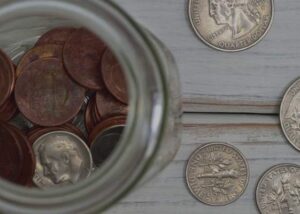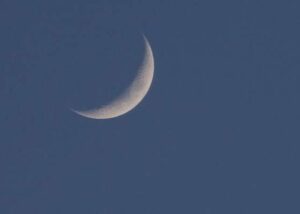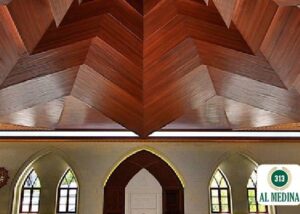Quran
Hadith
Islamic Text
Fitrana (Sadaqatul Fitr) is obligatory (Wajib) charity that one must pay to the poor before Eid prayer.
عَنِ ابْنِ عُمَرَ رَضِيَ اللَّهُ عَنْهُمَا: أَنَّ رَسُولَ اللَّهِ صَلَّى اللهُ عَلَيْهِ وَسَلَّمَ فَرَضَ زَكَاةَ الفِطْرِ صَاعًا مِنْ تَمْرٍ، أَوْ صَاعًا مِنْ شَعِيرٍ عَلَى كُلِّ حُرٍّ، أَوْ عَبْدٍ ذَكَرٍ أَوْ أُنْثَى مِنَ المُسْلِمِينَ
(Sayidina) Ibn Umar (May Allah Most High be pleased with him) narrated that the Messenger of Allah ﷺ obligated Zakat al-Fitr as one Saa’ of dates or barley upon every Muslim, free person or slave, male or female. (Sahih al-Bukhari 1504).
In the Hadith above it is clear that Zakat al-Fitr, which is also known as Sadaqat al-Fitr (Fitrana in our communities), is obligatory. What is Fitrana (Sadaqatul Fitr)? It is an amount of charity that one must pay to the poor. It is important to get the Fitrana payment to the poor before Eid prayer. However, even if one fails to do this, the requirement does not drop. Rather one pays Sadaqat al-Fitr after the Eid prayer as soon as possible.
Although there is some difference of opinion regarding Sadaqat al-Fitr, since some scholars considered it to be a recommendation and not an obligation, the Hanafi opinion is that it is Wajib (obligatory).
بَابُ صَدَقَةِ الْفِطْرِ وَهِيَ وَاجِبَةٌ عَلَى الْحُرِّ الْمُسْلِمِ الْمَالِكِ لِمِقْدَارِ النِّصَابِ فَاضِلًا عَنْ حَوَائِجِهِ الْأَصْلِيَّةِ، عَنْ نَفْسِهِ وَأَوْلَادِهِ الصِّغَارِ. (الاختيار لتعليل المختار)
The chapter of Sadaqat al-Fitr: And it is Wajib (obligatory) upon every free Muslim who owns Nisaab (Zakah threshold) above his fundamental needs. He must pay for himself and his young children. (Imam al-Mowsili, al-Ikhtiyaar).
As seen in the Nass (text) above, the man of the house must pay for him self and his young (non-Baligh) children. He does not have to pay for his spouse. In the Hadith we see that different commodities have been mentioned. Dates and barley have both been mentioned as the Sadaqah (Fitrana) to be paid. In other narrations more commodities have been mentioned. This is one of the reasons for the variance amongst Masaajid and Islamic institutions when it comes to providing a monetary value for Fitrana (Sadaqat al-Fitr).
And Allah Most High Knows Best.
-Answered by Shaykh Noorud-deen Rashid (22.04.2022)
See also:
Where should women perform Itikaaf?






